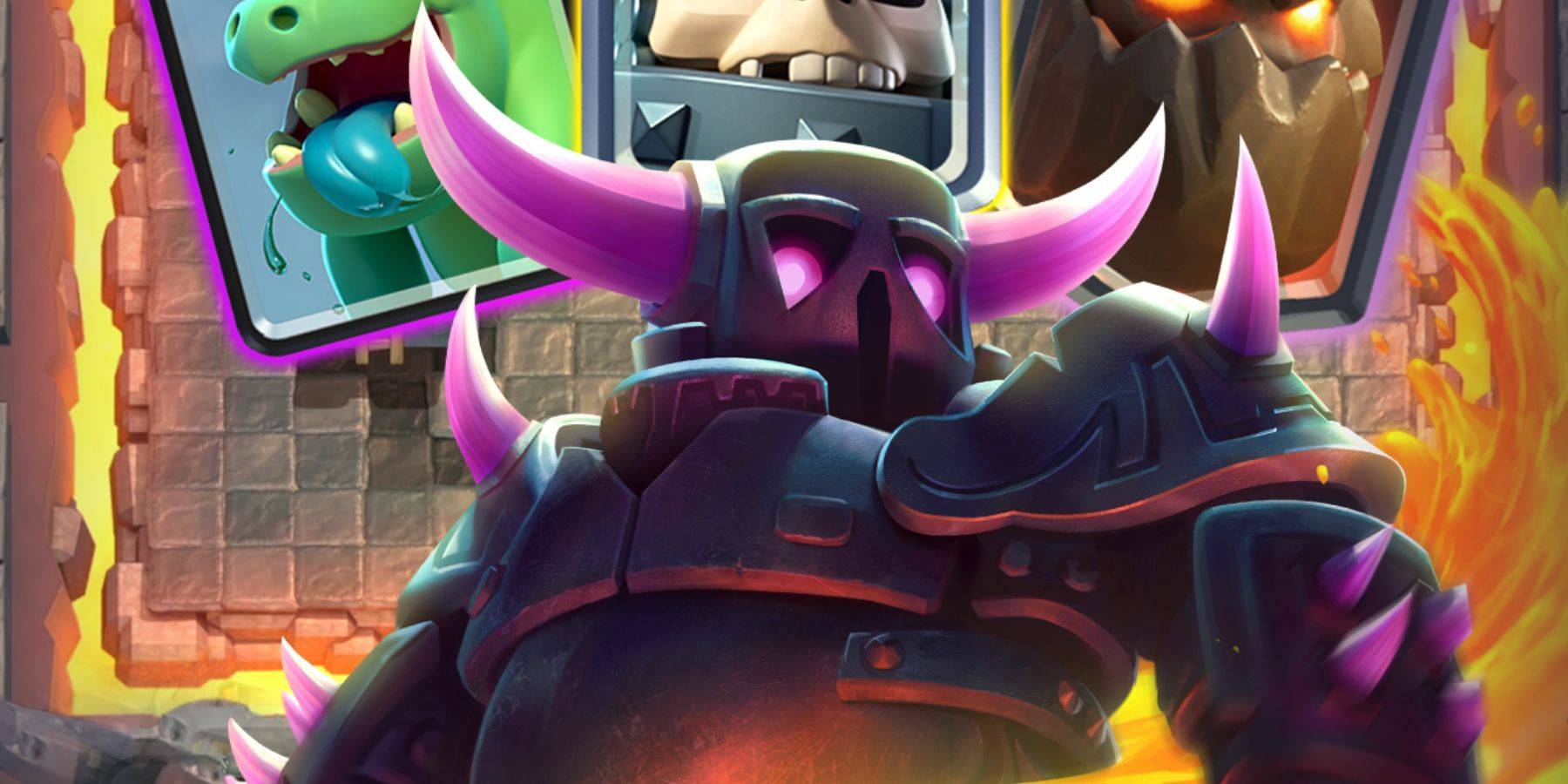Civ 7: Redefining Leadership in Gaming

Civilization's leaders are as iconic as the civilizations themselves, but the way Firaxis selects each nation's representation has evolved significantly over the years. Dive in to discover how Civilization VII reshapes the concept of leadership.
← Return to Sid Meier's Civilization VII main article
Civ VII Redefines What it Means to Be a Leader

Leaders in the Civilization series have been integral to its identity since the first game, never being supplanted by other mechanics. These figures are not just mascots but the very essence of their civilizations, influencing gameplay as much as the civs themselves. With each new installment, leaders have evolved, reflecting the diversity of real-world nations and adapting to new game mechanics. This evolution has continuously refined the concept of leadership and its impact on the game.
Let's delve into the history of Civilization to trace the evolution of its leadership roster, examine changes with each new game, and explore how Civilization VII redefines leadership with its distinctive lineup.
Old Civ Was a Superpowers Club Only

Starting with Sid Meier’s original Civilization, the game featured a modest selection of 15 civilizations, focusing on global superpowers of the early '90s and historical antiquity. Leaders were typically heads of state, chosen for their widespread recognition. This approach resulted in familiar names like Abraham Lincoln, Tokugawa Ieyasu, Mahatma Gandhi, and Julius Caesar, alongside more contentious figures like Mao Zedong and Joseph Stalin. Elizabeth I was the only female leader, reflecting a straightforward, textbook selection method typical of the era.

Civs 2 Through 5 Increase Diversity and Creativity in Increments

Civilization II expanded the roster, introducing civilizations like the Sioux and Spain, and added a dedicated female leader roster. This allowed for more diversity, with figures like Sacagawea and the goddess Amaterasu taking the spotlight. Civilization III integrated more female leaders directly into the game, with Joan of Arc and Catherine the Great replacing their male counterparts.
By the time Civilization IV and V were released, the definition of leadership had broadened to include revolutionaries, generals, reformists, and consorts. This shift allowed for a richer narrative, showcasing lesser-known figures and even doubling up on traditional leaders, such as Wu Zetian in China and both Victoria I and Elizabeth I in England.

Civ 6 is When The Roster Starts to Get Spicy

Civilization VI brought a new level of creativity and diversity with animated caricatures and the introduction of Leader Personas. These personas allowed for alternative versions of leaders, each with distinct playstyles. Lesser-known heroes like Lautaro of the Mapuche and Bà Triệu of Vietnam were included, alongside multiple leader options for civilizations like America and China.

Leaders in Civilization VI were defined by specific periods of their lives, a concept that paved the way for Civilization VII’s approach to leadership. Eleanor of Aquitaine and Kublai Khan could lead multiple civilizations, while leaders like Catherine de Medici and Theodore Roosevelt had alternate personas, adding depth and variety to gameplay.
Civ 7 Forgoes Series Staples for Fresh Faces and Unique Leaders

Civilization VII takes the evolution of leadership to new heights with a roster that's the most diverse and creative yet. The game introduces a mix-and-match approach, allowing players to pair leaders with civilizations in unprecedented ways. This flexibility brings new faces like Harriet Tubman, who embodies the role of a spymaster, and Niccolò Machiavelli, whose leadership reflects his famous diplomatic strategies.

José Rizal of the Philippines also makes his debut, focusing on diplomacy and cultural events. Over nearly three decades, Civilization has shifted from a focus on superpowers to a celebration of diverse historical figures, each contributing to the rich tapestry of human history.
← Return to Sid Meier's Civilization VII main article
Sid Meier's Civilization VII Similar Games

- 1 Roblox Game Codes Updated: April 2025 May 13,2025
- 2 The Best Gaming PC of 2025: Top Prebuilt Desktops Mar 26,2025
- 3 Roblox: Warrior Cats: Ultimate Edition Codes (January 2025) Feb 12,2025
- 4 Pokémon Go Is Celebrating New Year’s 2025 with Festive Fireworks and More! Jan 03,2025
- 5 Tips to Conquer the Dragon Quest III: HD-2D Remake Feb 21,2025
- 6 Fortnite: Chapter 6 Season 1 NPC Locations Feb 13,2025
- 7 Culinary Journey Thrives for Six Jan 01,2025
- 8 How To Fix Common Marvel Rivals Error Codes Feb 20,2025
-
Unique Wallpaper Apps for Every Style
A total of 10
-
Top Beauty Trends for This Season
A total of 10
-
Ultimate Baseball Games for Android
A total of 10






























